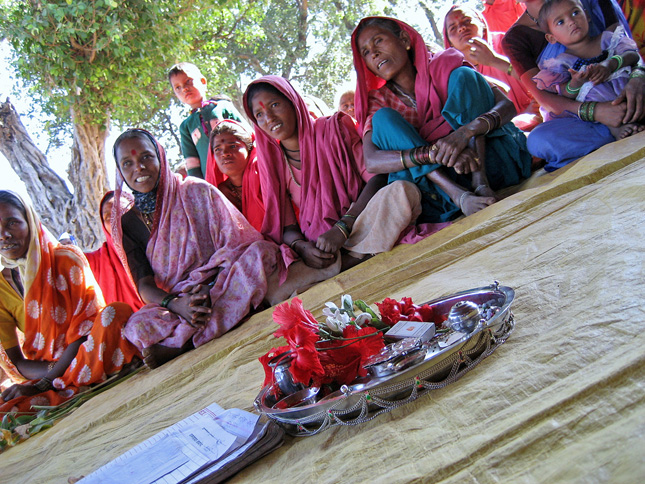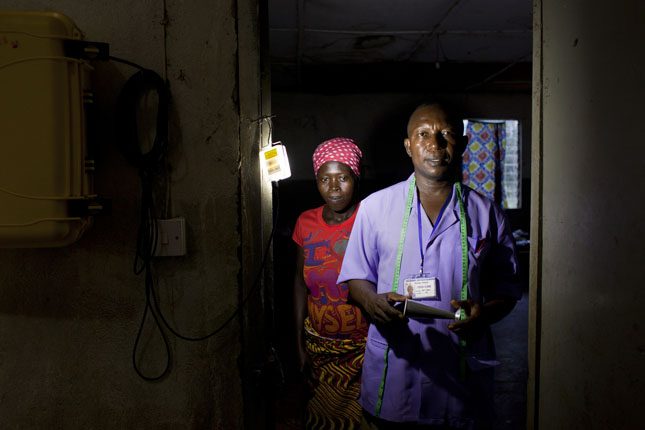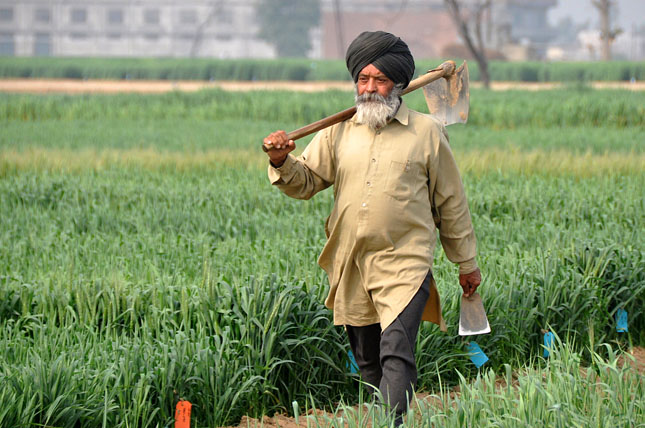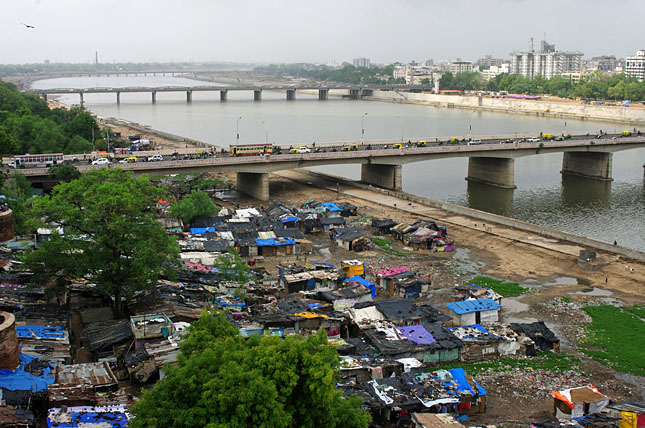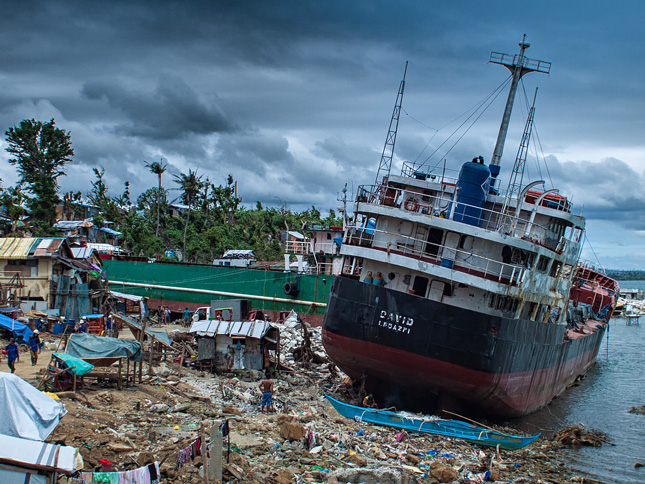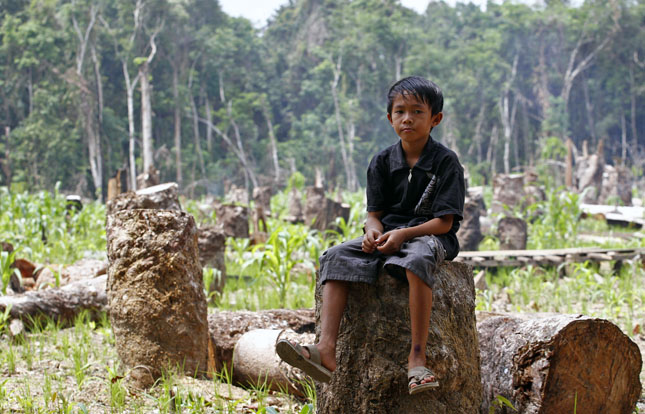-
The Renewable Energy Era Has Already Started
›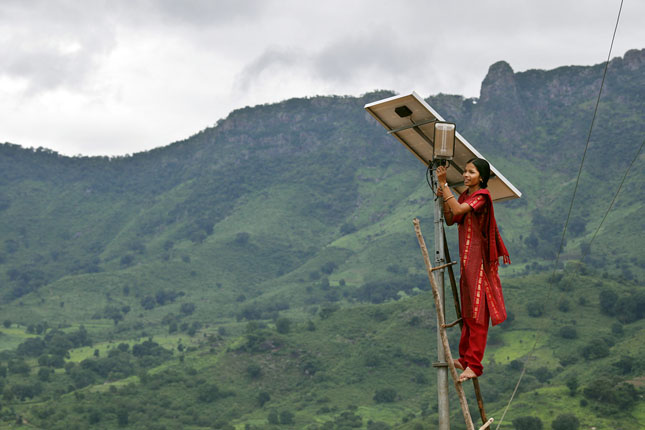
The world has entered a new energy era. Last year, for the first time in four decades, the global economy grew without an increase in CO2 emissions, according to the Renewable Energy Policy Network for the 21st Century.
-
In India, Lower Castes and Tribals Being Left Behind in Maternal Health
›
Maternal mortality causes 56,000 deaths every year in India, accounting for 20 percent of maternal deaths around the world. Women who are born into the lower castes or are tribals – India’s indigenous groups – are especially likely to lack access to quality health care. Over 40 percent of these women also belong to the lowest wealth quintile.
-
Better Training and Support for Midwives Is Saving Women’s Lives
›
The feats that pregnant women perform under some of the most rudimentary conditions are sometimes unimaginable.
-
Lisa Palmer, The Guardian
India’s Climate Tech Revolution Is Starting in its Villages
›October 16, 2015 // By Wilson Center Staff
Camels pulling wooden carts loaded with coconuts plod down the main road amid speeding motorcycles, buses, rickshaws, and cars. Farmers sit atop slow-moving oxcarts loaded with grasses and other cattle feed. In this region of central Gujarat, India, it appears that rural life has not changed for decades.
-
Evaluating Aid: Water Filters in Ahmedabad Leave Poor With No Good Options
›
When you shop for a new refrigerator or pair of shoes, where do you look for information about products? Do you log onto Amazon and read reviews? Check Consumer Reports for lab-verified results? Consult your neighbor or mom?
-
Sam Eaton, PRI’s The World
Human Traffickers Follow Floods in India, But Local Girls Are Fighting Back
›September 17, 2015 // By Wilson Center StaffThe Sundarbans – a collection of densely populated islands in India’s sprawling Ganges Delta – are so remote that the only way to get there is by boat. But human traffickers still manage to get in, and that’s left many families with missing daughters.
-
Jim Jarvie, SciDevNet
Urban Resilience to Climate Change in Asia Critical as Strong El Niño Looms
›September 7, 2015 // By Wilson Center Staff
An advisory released this August by the U.S. National Weather Service warned this year’s El Niño could be among the strongest ever recorded, lasting well into the first few months of 2016.
-
Who Benefits From REDD+? Lessons From India, Tanzania, and Mexico
›
REDD+, a global framework designed to reward governments for preserving forests, has pledged nearly $10 billion to developing countries. But minorities, indigenous people, the poor, and other marginalized groups that live in forest areas often end up paying more than their fair share of the costs of environmental cleanup and conservation while getting less in return. What can be done to change this?
Showing posts from category India.


